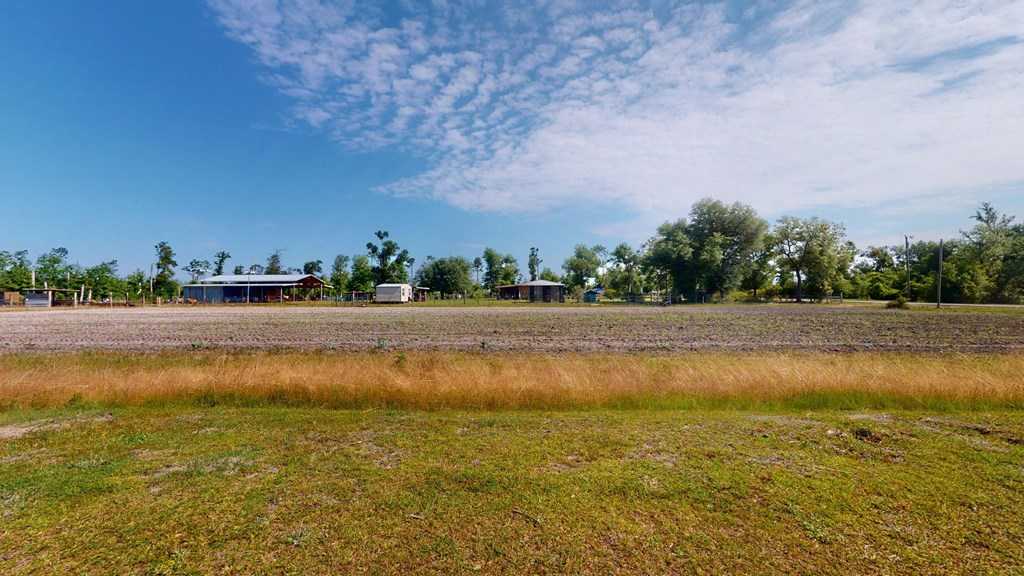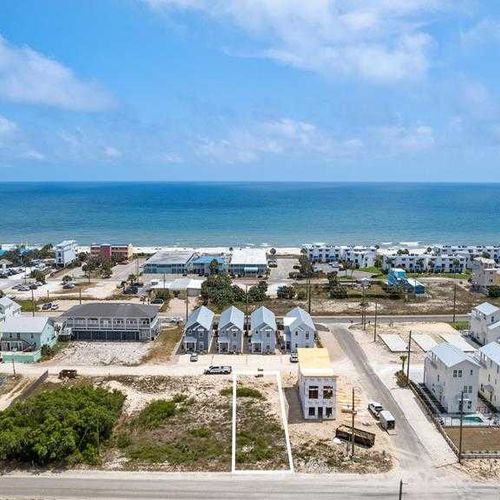Selling a second home in Florida can be a profitable venture, but it also comes with tax implications—particularly capital gains tax. Unlike a primary residence, a second home does not qualify for the capital gains exclusion, which means you may owe taxes on any profit made from the sale. Understanding how capital gains tax works and what strategies can help reduce your tax liability is essential for making informed financial decisions.
What Is Capital Gains Tax?
Capital gains tax is a tax imposed on the profit (gain) from selling an asset, such as a second home. The amount you owe depends on:
- The difference between the sale price and your original purchase price (adjusted for improvements and selling expenses)
- How long you owned the property before selling
- Your income tax bracket
There are two types of capital gains tax rates:
- Short-term capital gains tax – Applies if you owned the home for less than one year before selling. Taxed as ordinary income, which can be as high as 37% depending on your tax bracket.
- Long-term capital gains tax – Applies if you owned the home for more than one year before selling. Taxed at either 0%, 15%, or 20% based on your income.
How Capital Gains Tax Applies to a Second Home
Unlike primary residences, which allow homeowners to exclude up to $250,000 (single filers) or $500,000 (married couples) in gains if they meet the two-out-of-five-year residency rule, second homes do not qualify for this exemption.
If you sell your second home and make a profit, the entire gain is subject to capital gains tax unless you take strategic steps to minimize it.
Strategies to Reduce Capital Gains Tax on a Second Home
Convert the Second Home Into a Primary Residence
- If you live in the home for at least two out of the last five years, you may qualify for the capital gains exclusion. However, the amount of gain that qualifies for exclusion depends on the time it was used as a primary residence versus a rental or second home.
Use a 1031 Exchange
- A 1031 exchange allows you to defer capital gains tax by reinvesting the proceeds from the sale into a similar investment property. This strategy is useful for real estate investors looking to continue growing their portfolio.
Track Home Improvements and Selling Costs
- The cost basis of your home includes the original purchase price plus any capital improvements (such as renovations, new roofing, or major repairs). Keeping track of these expenses can help lower your taxable gain.
Time the Sale Strategically
- Selling in a year when your income is lower could place you in a lower tax bracket, reducing the amount owed on capital gains.
Gifting or Inheriting the Property
- If you plan to pass the property to heirs, consider holding onto it. Inherited properties receive a step-up in basis, meaning your heirs will only pay capital gains tax on the value increase from the date of inheritance, not the original purchase price.
Additional Tax Considerations in Florida
Florida has no state income tax, which means you only pay federal capital gains tax when selling a second home. However, if you're a non-resident selling a Florida property, you may be subject to FIRPTA withholding if you're a foreign seller) or tax laws in your home state.
Final Thoughts: Plan Ahead for Tax Savings
Understanding capital gains tax on a second home sale in Florida is crucial for maximizing your profit while minimizing tax liability. With the right planning—whether through a 1031 exchange, strategic timing, or converting to a primary residence—you can reduce the amount owed and make the most of your investment.
If you're considering selling your second home in Florida, consult with a tax professional or real estate expert to ensure you take advantage of the best tax-saving strategies.


